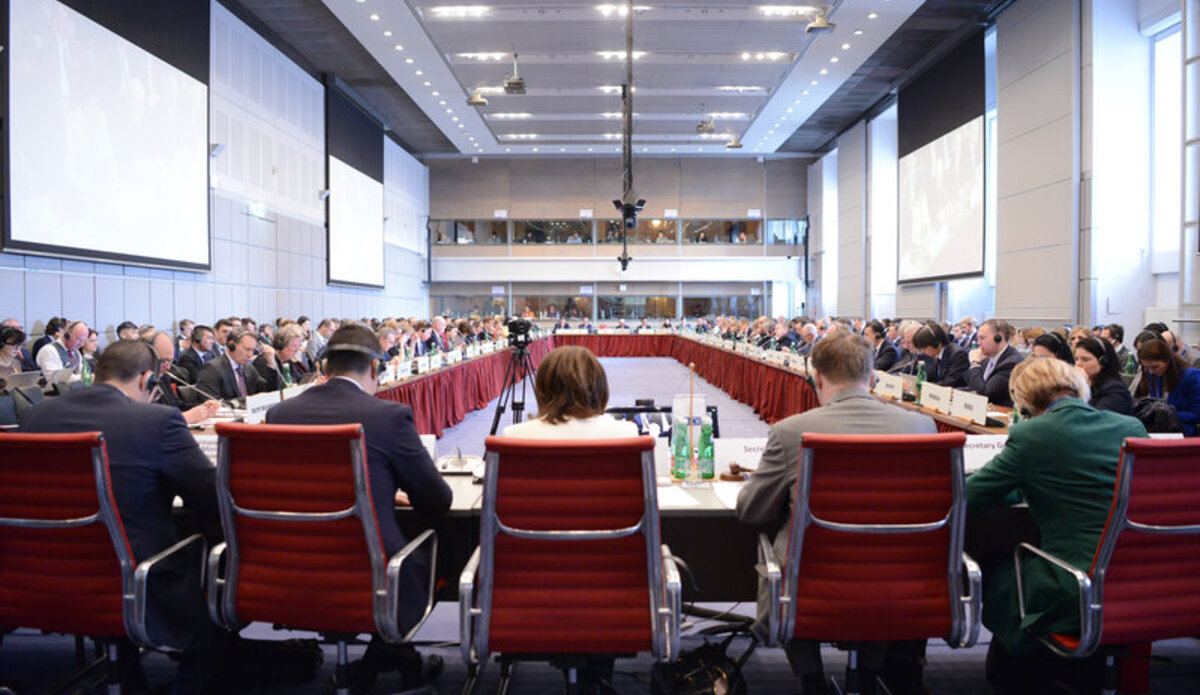Collaboration between the United Nations Department for Political and Peacebuilding Affairs (UN DPPA) and the Organization for Security and Co-operation in Europe (OSCE) has been instrumental in fostering peace and stability across Europe and Eurasia for over three decades. This partnership is even more important as the OSCE region is facing challenges with both protracted and new conflicts.
The UN-OSCE partnership is founded on Chapter VIII of the UN Charter and revolves around one overarching goal: to resolve political differences peacefully. The 1993 Framework for Co-operation and Co-ordination laid a foundation for the two organizations to harness their respective strengths and mandates to tackle pressing global challenges. The Framework has been reinforced by a host of agreements, including a joint statement of the UN Secretary-General and the Chairperson-in-Office of the OSCE in 2019 to complement the 1993 Framework, which has cemented high-level political collaboration and ensured co-operation on the ground. In the framework of the New Agenda for Peace, the two organizations are identifying complimentary ways for their work on peace and security. To deepen the cooperation between the two Organizations, in 2016, the Department of Political Affairs established a Liaison Office in Vienna. In addition to supporting senior-level and working-level engagements between both organizations on a broad range of issues, the Liaison Office channels expertise from various departments of the UN Secretariat to the OSCE, including by ensuring effective information sharing on relevant peace and security issues as well as relevant policy documents. The Liaison Office also supports inter-agency forums that are regularly organized to facilitate and support high-level and working-level engagements between both organizations.
DPPA's Policy and Mediation Division and the OSCE Secretariat’s Conflict Prevention Centre and its Operations Service signed a joint workplan for mediation support in 2014, outlining several practical areas of cooperation between the two organizations, including staff exchanges, access to mediation expertise and capacity building.

